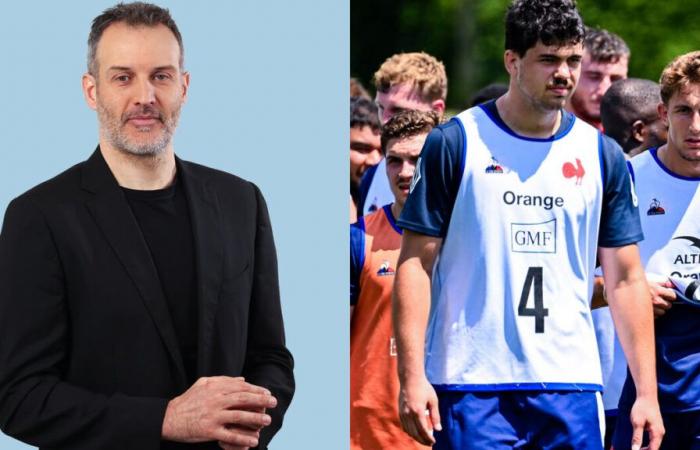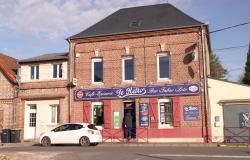Hello Mathias, you ask a question that is both relevant and tricky. Since you're asking my opinion, applauding Jegou on his return to competition is not really appropriate, no. Not to say totally inappropriate. His name was chanted after a scored try then, again, and with insistence, at the end of this match against Stade Français during the players' lap of honor. From what we know, some La Rochelle supporters took it badly, citing “deep embarrassment”. This touches on something very intimate in each of us when faced with this type of affair and where we place the cursor between the presumption of innocence and respect for the victim's word. To avoid putting the La Rochelle public in a potentially embarrassing situation, of having to encourage a player accused of aggravated rape, shouldn't the club have stuck to its initial course of action, that is to say wait for the dismissal? And shouldn't the supporters also have shown more restraint? What message do these strong encouragements, this ovation, send to all victims of sexual violence who, many of them, do not even dare to file a complaint for fear of not being believed, heard, listened to, respected? From this point of view, the message sent by this sequence is, it seems to me, deplorable.
As for your second question, it is difficult to put “all” French rugby in the same bag but it is clear that this sport, which prides itself on its own values, must urgently examine its conscience on its report. to partying, to alcohol and, I am convinced, to his relationship with women. There have been far too many cases of sexual and domestic violence in rugby in recent years (and even then these are only those that “come out”) to consider this as a simple reflection of a societal problem. I believe that there are also elements specific to rugby (group effect, toxic masculinity, discrediting of the woman as an object, etc.) which must be questioned urgently…






